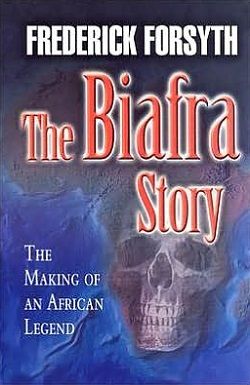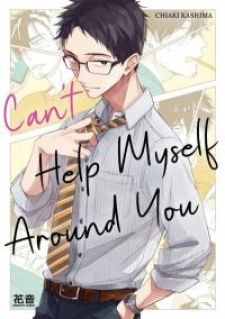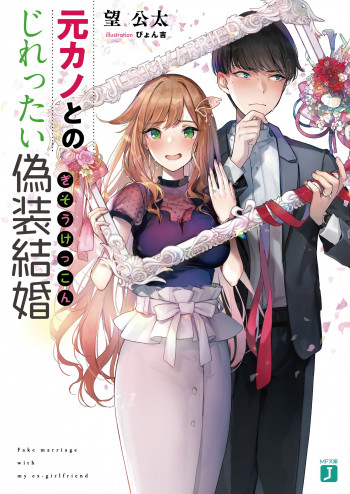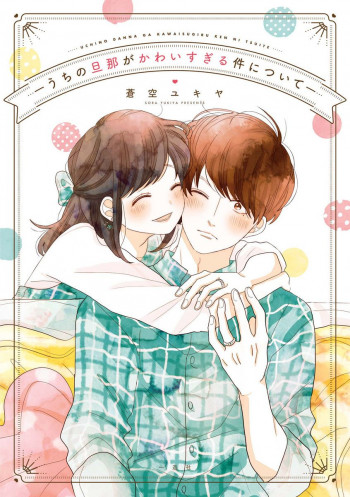Summary

The Biafra Story
by Frederick Forsyth
The Nigerian civil war of the late 1960s was one of the first occasions when Western consciences were awakened and deeply affronted by the level of the suffering and the scale of the atrocity being played out in the African Continent.
This book which marked Frederick Forsyth’s transition from journalist to author is a record of one of the most brutal conflicts the Third World has ever suffered, it has become a classic of modern war reporting. But it is more than that. It voices one man’s outrage not only at the extremes of human violence, but also at the duplicity and self-interest of the Western Governments – most notably, the British, who tacitly accepted or actively aided that violence.
The combination of the dramatic events and the shocking exposures combined with the author’s forthright and perceptive style makes The Biafra Story as compelling a read today as when it was first written.
.
Read
The Biafra Story on http://kissnovel.net
Martial Peak Reviews
Frederick Forsyth's The Biafra Story is a profound and harrowing account of the Nigerian Civil War, a conflict that not only devastated a nation but also served as a wake-up call to the Western world regarding the brutal realities of war in Africa. Originally published in 1969, Forsyth's work transcends mere journalism; it is a passionate indictment of human violence and the complicity of Western governments in the atrocities that unfolded during this tumultuous period.
At the heart of Forsyth's narrative is the story of Biafra, a region in southeastern Nigeria that sought independence from the Nigerian state, leading to a brutal civil war from 1967 to 1970. The author meticulously chronicles the events leading up to the conflict, the war itself, and the aftermath, providing readers with a comprehensive understanding of the socio-political landscape of Nigeria at the time. Forsyth's journalistic background shines through as he combines rigorous research with compelling storytelling, making the complex history accessible to a broad audience.
One of the most striking themes in The Biafra Story is the **extremes of human violence**. Forsyth does not shy away from depicting the horrific realities of war, including starvation, displacement, and the brutal tactics employed by both sides. His vivid descriptions of the suffering endured by the Biafran people are heart-wrenching, and they serve to evoke a deep sense of empathy in the reader. Forsyth's outrage is palpable as he recounts the plight of innocent civilians caught in the crossfire, emphasizing the moral imperative to acknowledge and respond to such suffering.
Moreover, Forsyth's work is a scathing critique of the **duplicity and self-interest of Western governments**, particularly the British. He argues that while the world watched in horror, many Western nations turned a blind eye to the atrocities, prioritizing their political and economic interests over humanitarian concerns. This theme resonates strongly in today's global landscape, where similar patterns of neglect and complicity can still be observed in various conflicts around the world. Forsyth's insights into the geopolitical dynamics of the Nigerian Civil War serve as a reminder of the responsibilities that come with power and influence.
The character development in The Biafra Story is not centered on individual personalities but rather on the collective experience of the Biafran people. Forsyth gives voice to the suffering and resilience of those affected by the war, painting a vivid picture of their struggles and hopes. Through interviews and firsthand accounts, he captures the essence of a people fighting for their identity and survival. This approach allows readers to connect emotionally with the narrative, fostering a sense of solidarity with the victims of the conflict.
Forsyth's writing style is both forthright and perceptive, making the book a compelling read even decades after its initial publication. His ability to weave together dramatic events with shocking revelations creates a sense of urgency that keeps readers engaged. The book is not merely a historical account; it is a call to action, urging readers to confront the uncomfortable truths about war and its consequences.
In comparison to other works on similar themes, such as Half of a Yellow Sun by Chimamanda Ngozi Adichie, Forsyth's narrative takes a more journalistic approach, focusing on factual reporting rather than fictionalized accounts. While Adichie's novel offers a deeply personal and emotional exploration of the Biafran War through the lens of individual characters, Forsyth's work serves as a broader commentary on the political and social implications of the conflict. Both authors, however, succeed in illuminating the human cost of war, making their respective works essential reading for anyone seeking to understand the complexities of the Nigerian Civil War.
The impact of The Biafra Story extends beyond its historical context; it remains relevant in contemporary discussions about humanitarian intervention, the responsibilities of Western nations, and the ongoing struggles faced by marginalized communities around the world. Forsyth's work serves as a poignant reminder that the lessons of the past must not be forgotten, and that the suffering of the Biafran people is a testament to the enduring consequences of war.
In conclusion, Frederick Forsyth's The Biafra Story is a powerful and essential work that captures the brutality of the Nigerian Civil War while also serving as a critique of Western complicity in global conflicts. Its themes of violence, resilience, and moral responsibility resonate deeply, making it a timeless piece of literature that continues to inspire reflection and action. For those interested in understanding the complexities of war and its impact on humanity, Forsyth's account is an indispensable read.










![Trump [Official]](/upload/pic/manga/trump--official-.jpg)













Reviews 0
Post a Reviews: